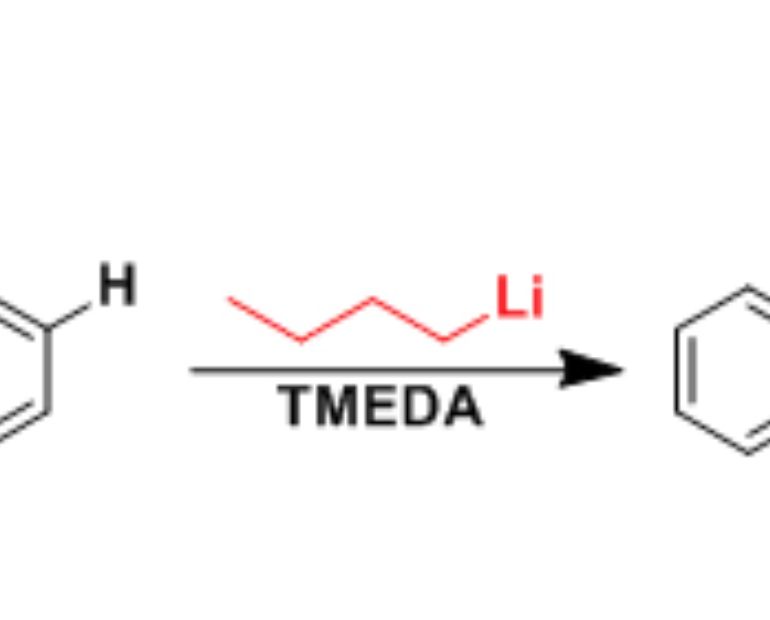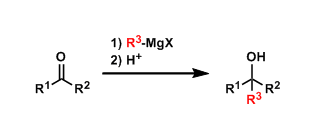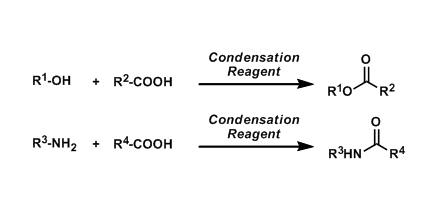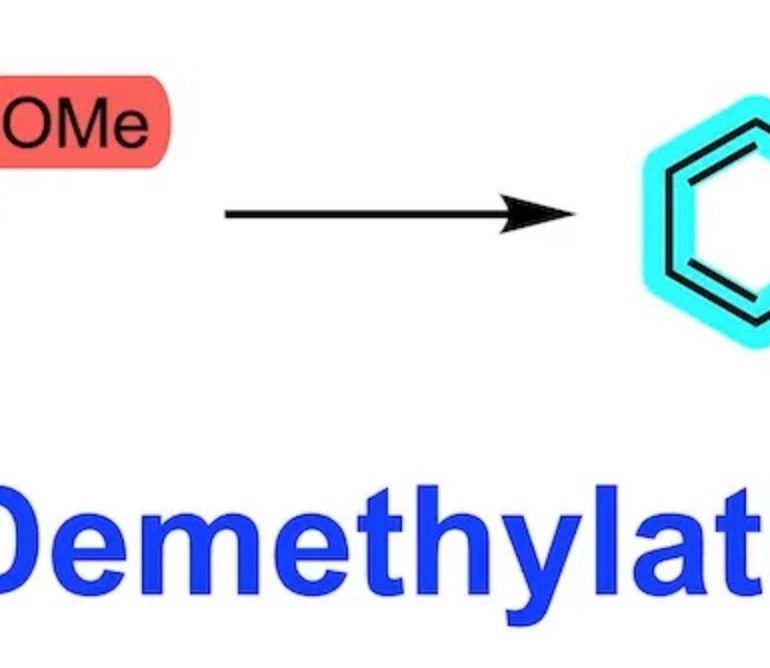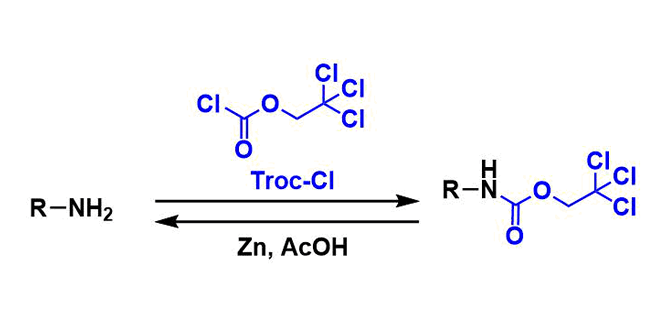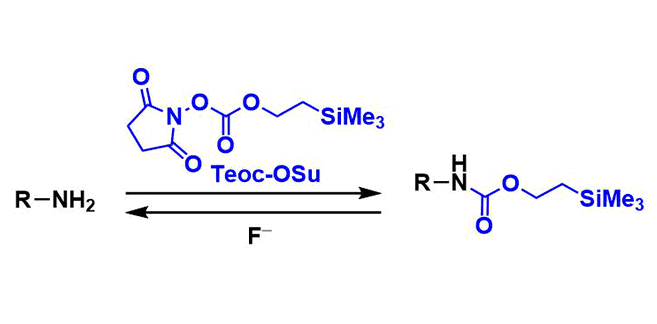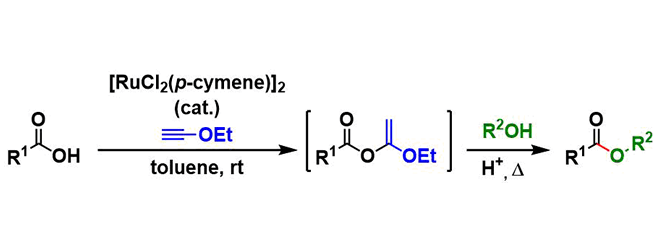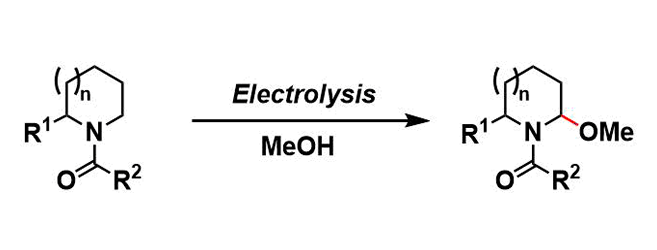Abstract The reactivity of organometallic reagents is roughly determined by the degree of polarization of carbon-metal bonds, with carbon-lithium bonds exhibiting the greatest polarization (ionic ...
Posts by Category: Reactions
Grignard Reaction
General Characteristics Grignard reagents are the most popular among organometallic reagents. Alkyl groups can be introduced into carbonyl compounds to give the corresponding alcohols. The ...
Wittig Reaction
General Characteristics Compounds in which the adjacent anion is stabilized by a heteroatom with a positive formal charge are generally called ylides. The synthesis of alkenes from carbonyl compounds ...
Condensation Reagent
General Characteristics Esters and amides (peptides) can be obtained by condensing carboxylic acids with alcohols and amines under strongly acidic conditions (Fischer method). However, epimerization ...
O-Demethylation
Conversion of a methoxy group to a hydroxy group is sometimes a rather difficult task. The methyl group (alkyl group) is too stable to call it a protecting group, but synthesis from inexpensive ...
Troc Protecting Group
General Characteristics 2,2,2-Trichloroethoxycarbonyl (Troc) group is a commonly used carbamate protecting group for amines. It is also used to protect alcohols and phenols. Troc group is stable ...
Teoc Protecting Group
General Characteristics 2-(Trimethylsilyl)ethoxycarbonyl (Teoc) group is one of commonly used carbamate protecting groups for amines. It is stable towards hydrolysis and other nucleophilic attacks, ...
Kita Esterification
General Characteristics Under the conditions developed by Kita, esters are synthesized from the corresponding alcohols and carboxylic acids using a ruthenium catalyst and ethynyl ethyl ether as a ...
Chan Rearrangement
General Characteristics The treatment of α-acyloxyesters with a strong base triggers rearrangement that leads to the formation of α-hydroxy-β-ketoesters. General References S. D. Lee, T. H. Chan, K. ...
Shono Oxidation
General Characteristics In the Shono oxidation, amides or carbamates in alcohol solvents are electrochemically oxidized to give N,O-acetals. This electrochemical reaction provides a useful way to ...

